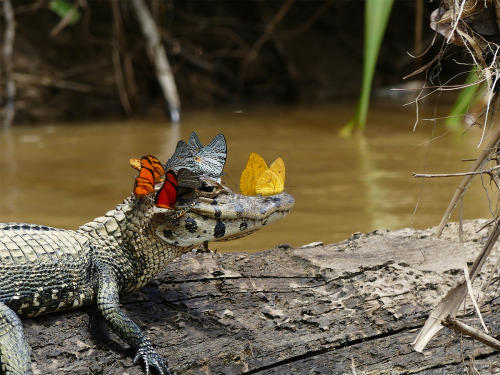Twiggietruth - Untitled
More Posts from Twiggietruth and Others

Miniature Skeleton, Roman, 1st century, bronze, from Asia Minor.
In Petronius’ satirical novel, the Satyricon, written in the 60s A.D., Trimalchio, the crass, nouveau riche host of a dinner party, has a small silver skeleton brought out between courses. The skeleton in the novel had flexible joints and after posing it on the table in various ways, Trimalchio recited a poem to the effect that life was short and should be enjoyed before becoming a skeleton like the one he displayed.
This bronze skeleton, called a larva convivalis by the Romans, may have been used in just such a setting. Although now missing several limbs, it too is jointed in a way that allows it to be posed or to be shaken so that it jumps and dances. In the first century B.C and the first century A.D., the Romans frequently linked images of the banquet and death in both literature and the visual arts. This blending of imagery probably derived from the resurgence during this period in the popularity of Epicurean philosophy with its emphasis on the need to grasp the pleasures of life while one is still able. (Getty)
Courtesy of & can be viewed at The J. Paul Getty Museum, Villa Collection, Malibu, California. Via their online collections: 78.AB.307.

Willibald Winck
![Ovid. Heroides : Manuscript, [ca. 1500] Illuminations By Christoforo Marjorana.](https://64.media.tumblr.com/80c9ef937e0cdc8c09bae6361188982a/9a22f27a984ef5fa-e0/s540x810/7c7e9f428e23cae2aa90227212b7e710f221b9e2.jpg)
![Ovid. Heroides : Manuscript, [ca. 1500] Illuminations By Christoforo Marjorana.](https://64.media.tumblr.com/5ffae4f2ce4372efc7d9e878ee6c4d62/9a22f27a984ef5fa-e7/s640x960/7d4a1215556a71e58227613dc6ff9d95df403630.jpg)
Ovid. Heroides : manuscript, [ca. 1500] Illuminations by Christoforo Marjorana.
MS Typ 8
Houghton Library, Harvard University


A Caiman Covered in Butterflies Photographed by Mark Cowan


Photograph of Stonehenge, taken from inside the circle looking through the standing stones towards the ‘Sunrise Stone’ or 'Friar’s Heel’, Salisbury Plain, Wiltshire
Photograph of Stonehenge, Salisbury Plain, Wiltshire
Godfrey Bingley, 1892

International Congregation of Lord RayEL. #lordrayelexposed #lordrayel #falseprophet #raymondlear #angelusdomini #religiouscult

♥

The International Congregation of Lord Rayel #ufocult #angelusdomini #raymondlear #religiouscult #lordrayelexposed #lordrayel #antichrist






Soviet Bus Stops | Christopher Herwig









Epistulae heroidum (Octavien de Saint-Gelais) by Jean Pichore, Robinet Testard and other unknown illustrators; beginning of 16th century
-
 somuchyetnothingspecial liked this · 8 years ago
somuchyetnothingspecial liked this · 8 years ago -
 sugarlessgumms liked this · 8 years ago
sugarlessgumms liked this · 8 years ago -
 lingua-fracaso liked this · 8 years ago
lingua-fracaso liked this · 8 years ago -
 weecherylita liked this · 8 years ago
weecherylita liked this · 8 years ago -
 treasureofpeace liked this · 8 years ago
treasureofpeace liked this · 8 years ago -
 mixmixx liked this · 8 years ago
mixmixx liked this · 8 years ago -
 theamazingmindofmooskatheminnie liked this · 8 years ago
theamazingmindofmooskatheminnie liked this · 8 years ago -
 clarusca liked this · 8 years ago
clarusca liked this · 8 years ago -
 healthyliciousliving reblogged this · 8 years ago
healthyliciousliving reblogged this · 8 years ago -
 sme7ktjun reblogged this · 8 years ago
sme7ktjun reblogged this · 8 years ago -
 twiggietruth liked this · 8 years ago
twiggietruth liked this · 8 years ago -
 twiggietruth reblogged this · 8 years ago
twiggietruth reblogged this · 8 years ago -
 divine-consciousness reblogged this · 8 years ago
divine-consciousness reblogged this · 8 years ago